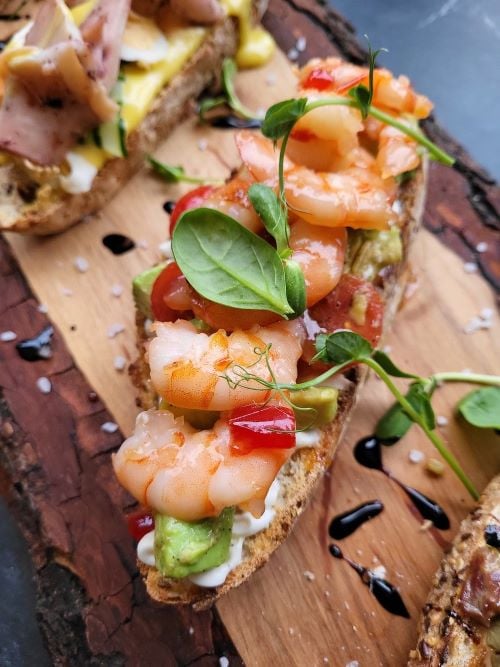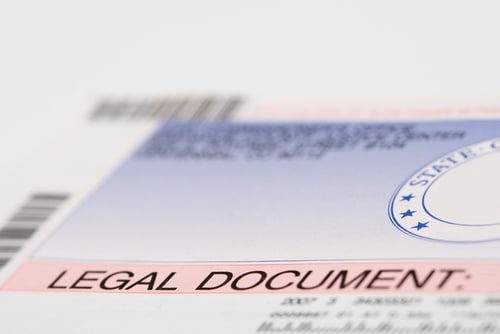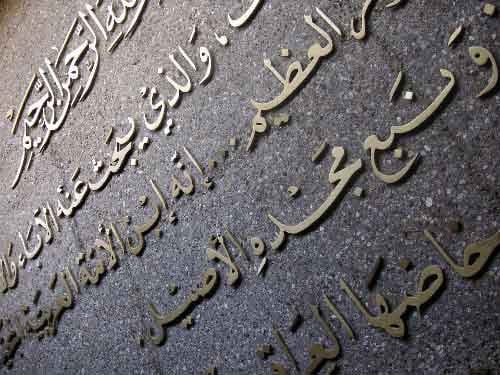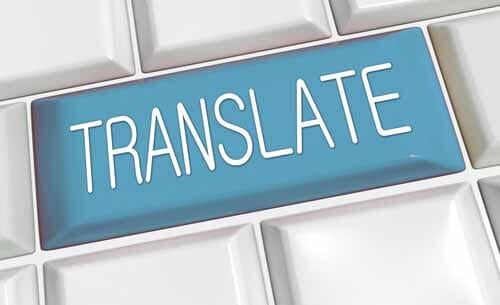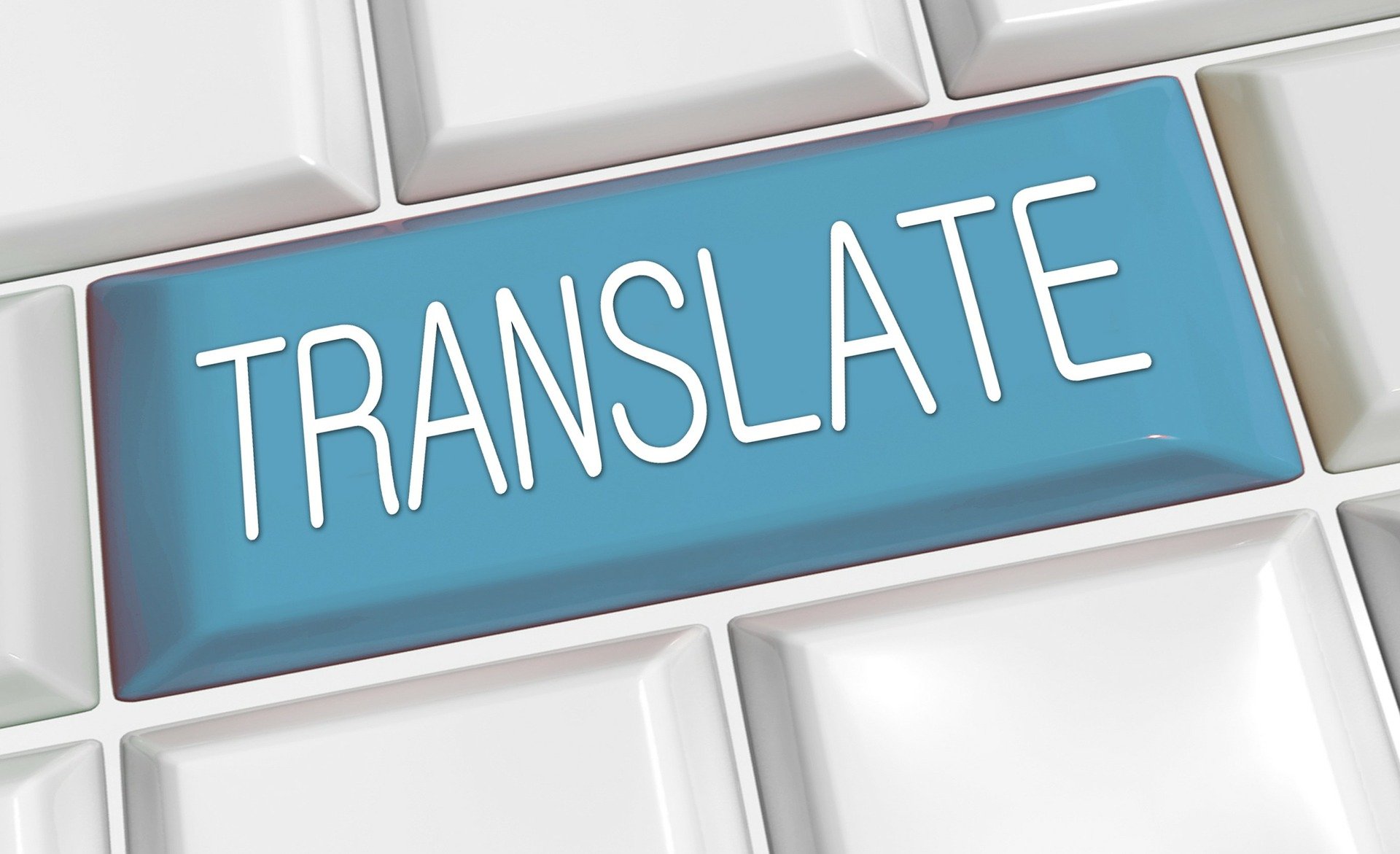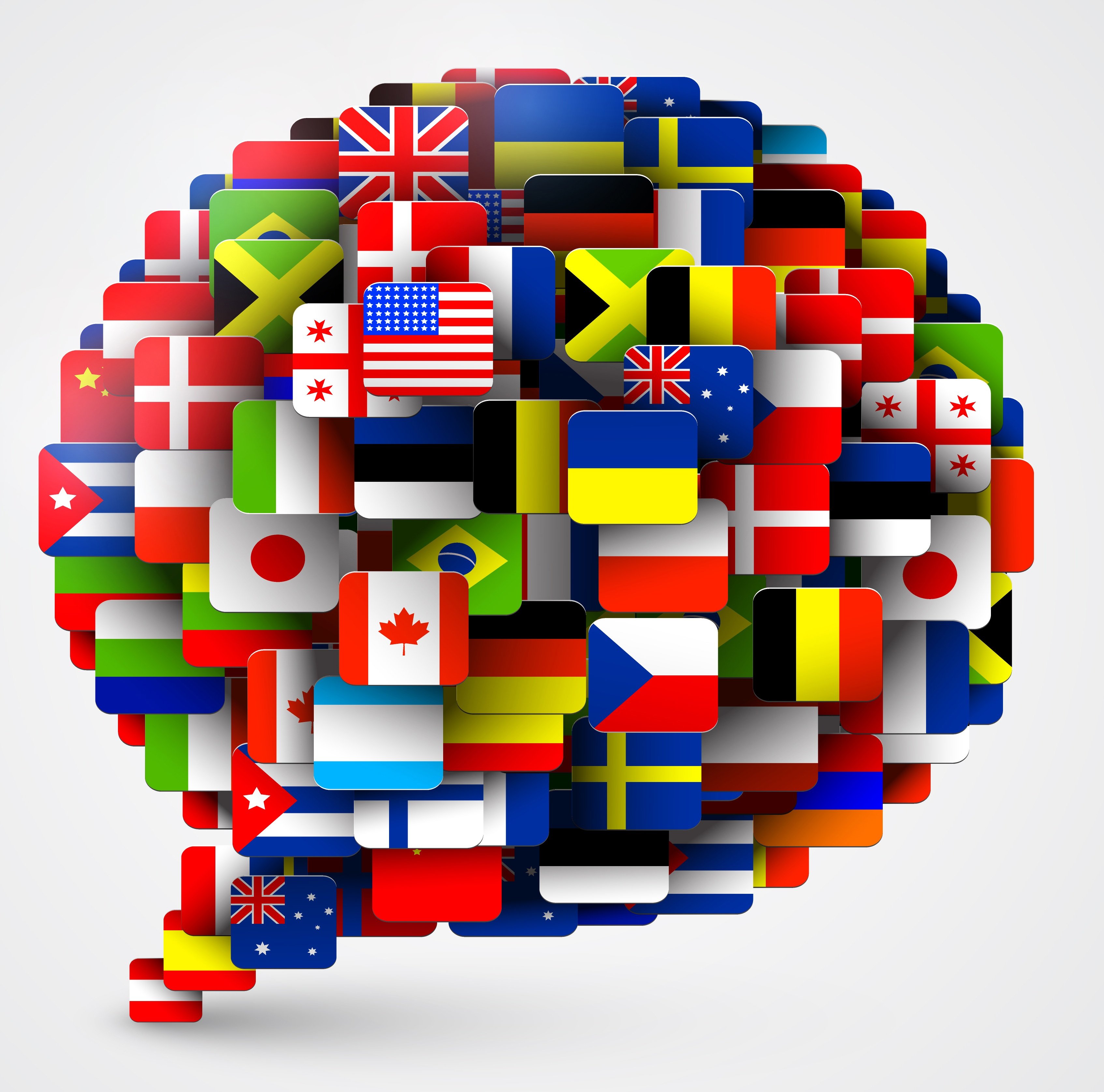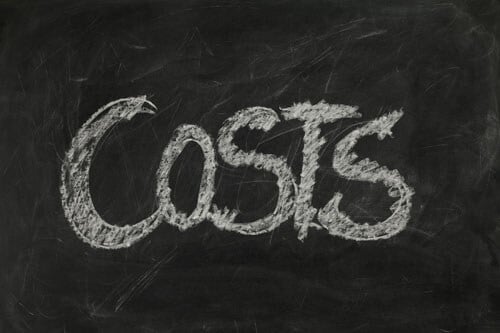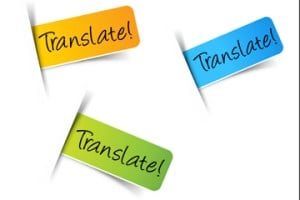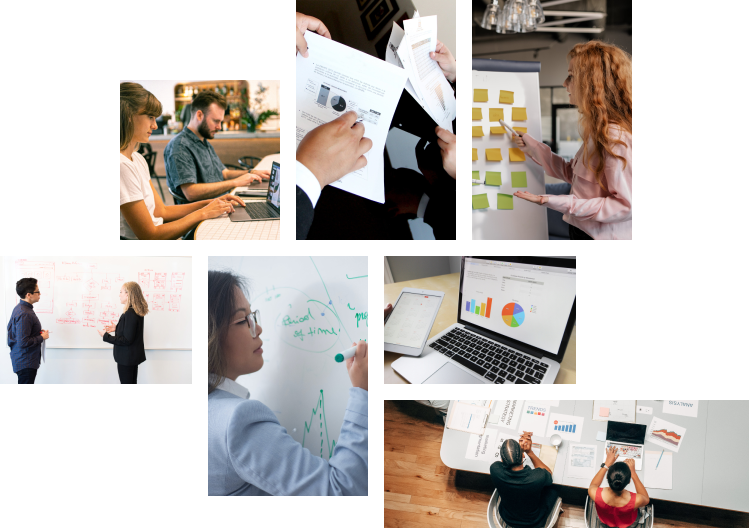“How do I know my translation is accurate and correct if I can’t speak or read the language my marketing copy was translated into?” As a professional multilingual marketing agency, this is one of the most common questions we hear. Today we’ll explain a couple methods we use to ensure your marketing translation is correct and accurate, and that your message is conveyed the way you intended.
Editing
The first, and most common method for confirming quality is editing. Editing is a review process for double checking the translation and the message. The editing process starts with your document being translated by a professional linguist. If you have an ongoing relationship with your language service provider, they often assign the same linguist to all your translations to maintain consistency of voice. Once completed, the translation, as well as the source document, are sent to a second, equally qualified linguist for editing (again this linguist will be kept consistent when possible). The editor will review the project and insert edits or clarifications into the file, then forward the project and notes back to the original translator. The original translator will then either accept the notes and edits or if they do not agree with some of the edits they will communicate with the editor and the two will work together toward the best translation. If they need further explanation, the questions will be brought to the client for clarification. An example of something that might need further explanation would be the hospital slogan “It’s all about getting better” This slogan intentionally has dual meaning, it means both that the patient is getting better, and that the hospital continually aims to provide better service. In English, it can have the double meaning but in the requested Haitian Creole, the translation had to have a defined subject. This is an instance when your professional multilingual marketing agency needs to seek further clarification from the client.
Read more in our Essential Guide to Translating Marketing Materials.
Back Translation
Back translation is different from editing in that it is the process of translating a document that has already been translated into the target language back to the source language, then comparing the two source language documents to see if they match. Areas of divergence between the two are noted and the translation is corrected to more accurately reflect the intent and wording in the original language. This process can be difficult as the nuances of translation are far-ranging. Some words do not have a literal translation from one language to another, so linguists often seek to translate the intended meaning of the word to convey the same message. Back translation is most commonly used in life sciences to prove to the regulatory environments that the translation says what it means. It’s not the best way to ensure quality of a translation but it is an option when a reviewer needs to check the accuracy when that person doesn’t speak the language. In these industries and instances, back translation can be an effective tool.
These are two of the methods many multilingual marketing companies use to ensure quality. Read more about ensuring translation quality in our blog Back Translations and Other Quality Assurance Processes.
One other factor is any guarantees offered by your translation company. Here at Rapport International we offer an industry-leading 100% Satisfaction Guarantee on all our translations. If you are not satisfied we will continue working until you are!
And join us next time when we talk about Additional Multilingual Marketing Translation Services.
Rapport International specializes in multilingual communications, providing language translation and interpretation services that are accurate and culturally appropriate. We use the right voice and the correct terminology to avoid liability, customize services to your needs, and deliver on time and within your budget. With our 100% satisfaction guarantee, you can trust that it’s done right. Contact us today if you would like more information or to get a free quote.
Popular Posts
Popular industry news, interviews, technologies, and resources.
